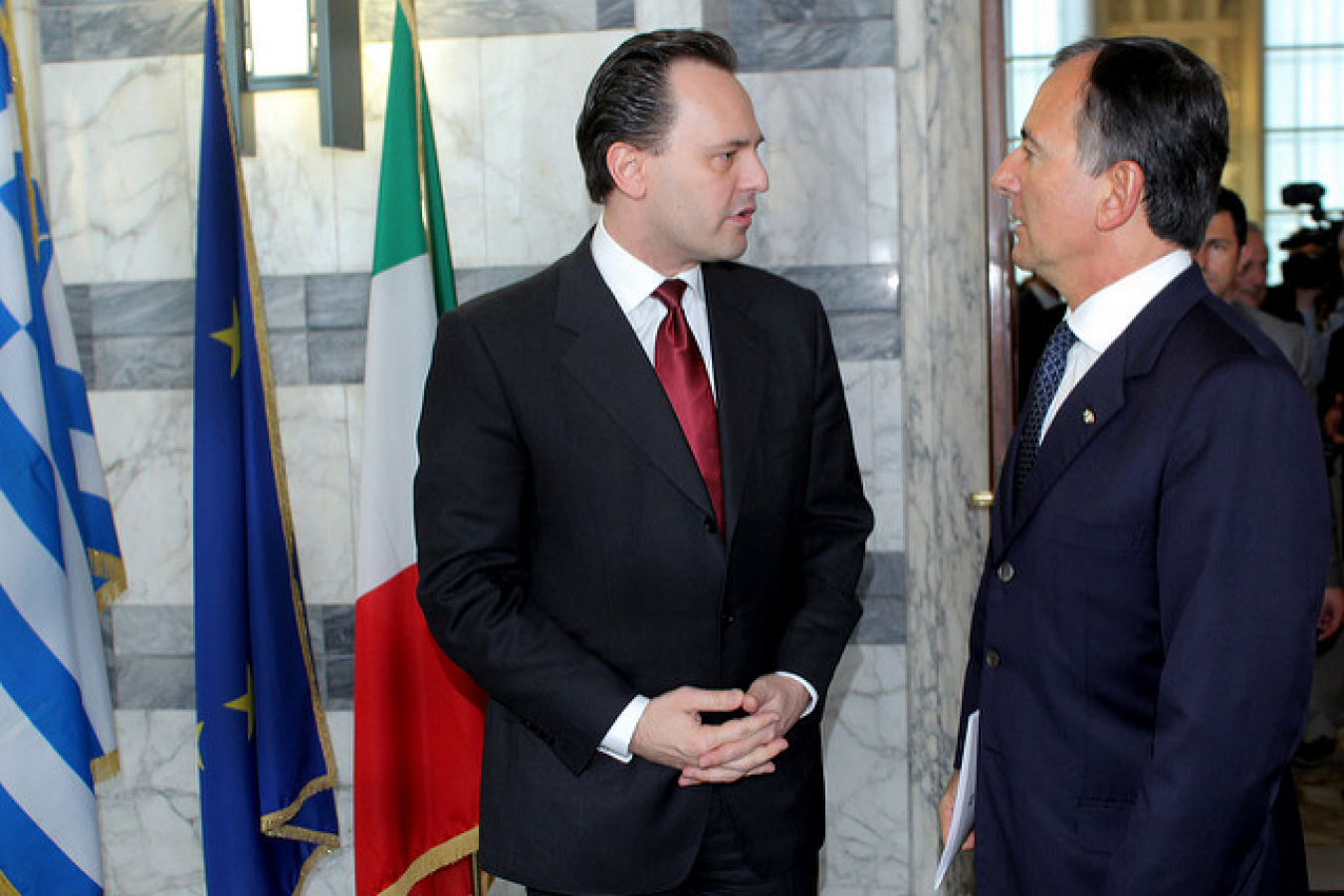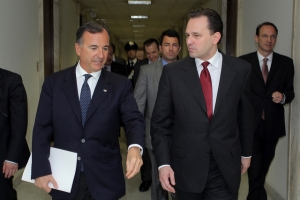Support migrant centric journalism today and donate

The European Commission said that it wants the EU to welcome a limited number of legal immigrants by the end of the decade. Most EU member states are resisting the plan. The commission argues, however, that the EU needs workers, and that legal migration would help curb the scourge of people trafficking.
EU Justice Commissioner Franco Frattini said the commission only aims at coordinating immigration standards and that member states will keep the right to decide how many immigrants to admit. The commission also hopes legal migration will cut the estimated 500,000 illegal arrivals to the EU each year.
According to the EU's employment commissioner, Europe cannot escape immigration.
But in Brussels today, Vladimir Spidla said the EU can choose to exercise control over immigration. "Economic immigration is a reality today and will remain so in future," Spidla said. "At the same time, it is also a need. Therefore, the European Union cannot choose between a scenario [involving] immigration and another without it. There is also the choice between a well-managed [policy of] immigration and immigration without direction stemming from [unacceptable] political fatalism."
Although EU member states have welcomed guest workers in the past, more recently, they have rejected EU-wide moves allowing legal immigration.
The European Commission argues that as a result of ageing and low birthrates, the EU owes most of its population growth to immigration. After 2025, even current immigration levels won't suffice to replenish the population.
Frattini said the EU seeks cooperation with the immigrants' home countries. "We are thinking about, for example, closer relations with origin countries in order to better guarantee training courses for education [in] languages, for example, or to give more information about the legal framework of the European Union to those who [would] like to enter Europe," he said.
Frattini said the EU is not seeking to increase the "brain drain" from which many non-EU countries already suffer. However, he said the EU must compete with the United States and other countries that attract high numbers of skilled workers.
"But we should take into the consideration the fact that [the] United States, Canada, and Australia have [the] capacity of attracting particularly those who are highly skilled people and we have the capacity of attracting only those who are not skilled people," Frattini said.
Frattini said the United States currently attracts an estimated 54 percent of the world's highly skilled migrants, while the EU nets 84 percent of low-skilled immigrants.





















